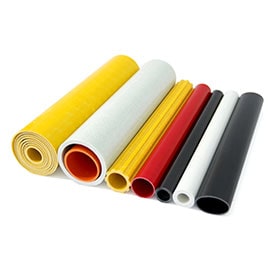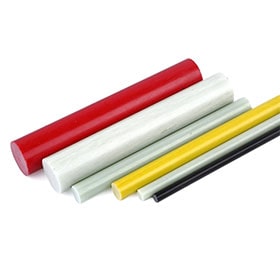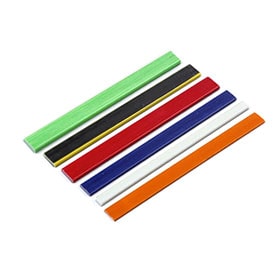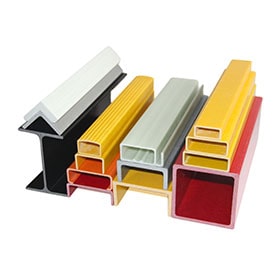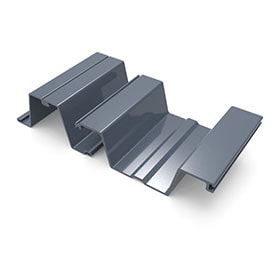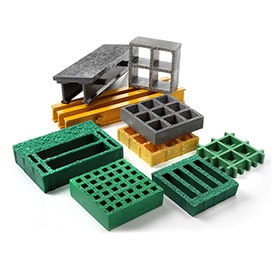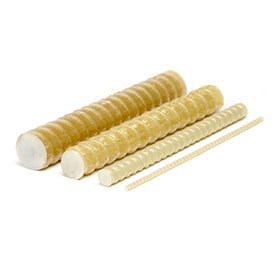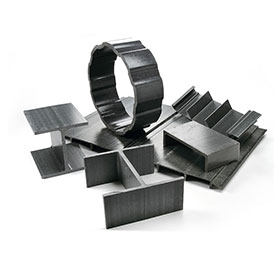
Reinforced concrete is a widely used construction material in marine environments. However, the steel reinforcement in concrete is susceptible to corrosion in the presence of chloride ions, which are present in seawater. Corrosion can lead to cracking and spalling of the concrete, which can compromise the structural integrity of the structure.
GRP composite materials are a potential solution to the problem of rebar corrosion in marine environments. GRP composites are made of glass fibers embedded in a resin matrix. They are highly resistant to corrosion, even in the presence of chloride ions.
There have been a number of studies that have investigated the effect of GRP composite materials on the corrosion of rebar in marine environments. These studies have shown that GRP composites can significantly reduce the rate of rebar corrosion.
In one study, GRP composites were used to protect steel rebar in concrete specimens exposed to seawater for 10 years. The specimens with GRP composites showed significantly less corrosion than the specimens without GRP composites.
In another study, GRP composites were used to protect steel rebar in concrete specimens exposed to a simulated marine environment for 5 years. The specimens with GRP composites showed no signs of corrosion, while the specimens without GRP composites showed significant corrosion.
The results of these studies suggest that GRP composite materials are an effective way to protect rebar from corrosion in marine environments. GRP composites can extend the service life of concrete structures in marine environments and reduce the need for costly repairs.
Benefits of GRP Composite Materials for Marine Applications
In addition to their corrosion resistance, GRP composite materials offer a number of other benefits for marine applications. These benefits include:
Lightweight: GRP composites are much lighter than steel, which can make them easier to handle and install.
Durability: GRP composites are highly resistant to wear and tear, which can make them a good choice for applications where durability is important.
Corrosion resistance: GRP composites are highly resistant to corrosion, even in the presence of harsh chemicals.
Chemical resistance: GRP composites are resistant to a wide range of chemicals, which can make them a good choice for applications where chemicals are present.
Fire resistance: GRP composites are fire resistant, which can make them a good choice for applications where fire safety is important.
Conclusion
GRP composite materials are a promising new technology for the protection of rebar in marine environments. They offer a number of advantages over traditional methods of corrosion protection, including their lightweight, durability, corrosion resistance, chemical resistance, and fire resistance.
 +86 15303735673
+86 15303735673 Jessica@frpzs.com
Jessica@frpzs.com
 Technical Data
Technical Data


